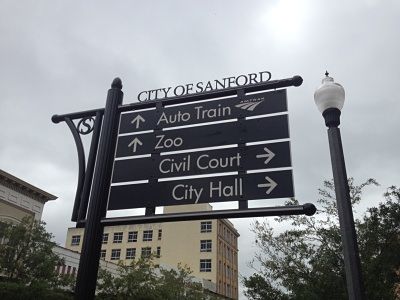G
guest_nj_2
Guest
Also, one needs to put the "maximum revenue" concept in the context.
Normally, MAXIMUM REVENUE = if every seat on the train is sold at the maximum possible price.
Does it happen with the current system ? NO.
Let us say
- 50% of train is sold at the lowest bucket of $50
- 30% of train is sold at the medium bucket of $100
- 10% of train is sold in the week before departure for $500
- 10% of train is left unsold
Was the "maximum revenue" achieved ? NO. 10% of seats still went unsold,
and overall 90% of seats was sold below the "maximum possible price" of $500.
So, what is suggested by Amtrak ? Let us revise the bucket prices to $55, $110 and $550
and see what happens. If the same percentage breakdown (50-30-10) holds true, then it's
a "free" 10% of extra revenue **FOR EXACTLY THE SAME SERVICE**.
"Normal" businesses would be scolded for that.
It's OK to charge higher prices commensurate with inflation or if the service level increases,
but not for exactly the same thing as before.
In my example, did the "demand" change ? NO, it stayed the same.
Yet, Amtrak gets 10% extra revenue for the same service.
This does not sound right, even without the "yield-management" nonsense.
Normally, MAXIMUM REVENUE = if every seat on the train is sold at the maximum possible price.
Does it happen with the current system ? NO.
Let us say
- 50% of train is sold at the lowest bucket of $50
- 30% of train is sold at the medium bucket of $100
- 10% of train is sold in the week before departure for $500
- 10% of train is left unsold
Was the "maximum revenue" achieved ? NO. 10% of seats still went unsold,
and overall 90% of seats was sold below the "maximum possible price" of $500.
So, what is suggested by Amtrak ? Let us revise the bucket prices to $55, $110 and $550
and see what happens. If the same percentage breakdown (50-30-10) holds true, then it's
a "free" 10% of extra revenue **FOR EXACTLY THE SAME SERVICE**.
"Normal" businesses would be scolded for that.
It's OK to charge higher prices commensurate with inflation or if the service level increases,
but not for exactly the same thing as before.
In my example, did the "demand" change ? NO, it stayed the same.
Yet, Amtrak gets 10% extra revenue for the same service.
This does not sound right, even without the "yield-management" nonsense.

























































